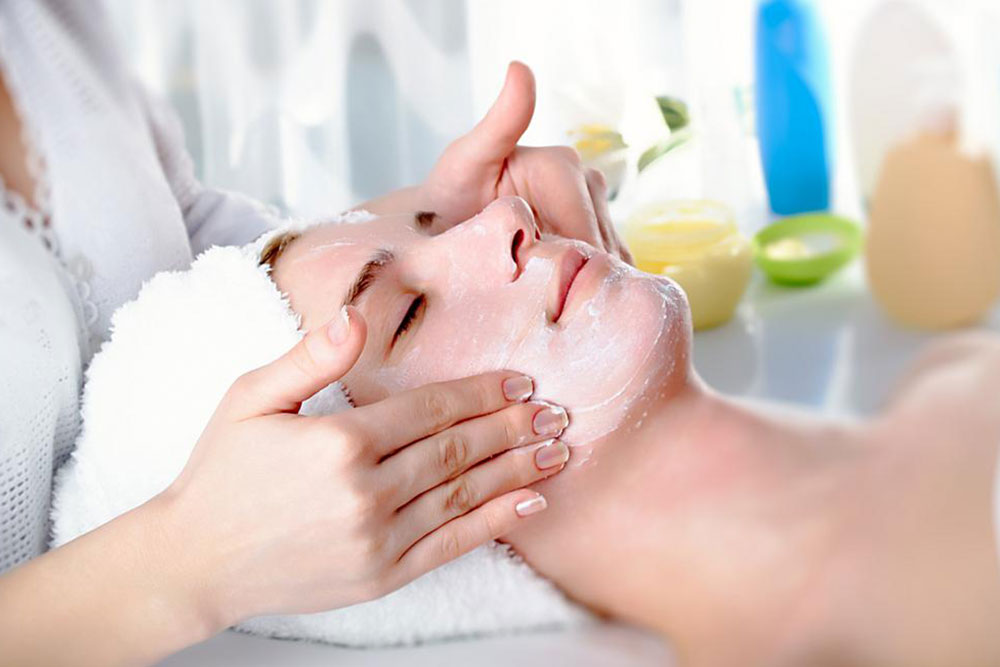Guide to Choosing the Perfect Facial Cleansers for Healthy Skin
Choosing the right facial cleanser is vital for maintaining healthy skin. This guide explains how to identify your skin type, select suitable products, and understand key ingredients to enhance your skincare routine. Learn tips on seasonal adjustments and when to seek professional advice for optimal skin health, ensuring your cleanser complements your lifestyle and skin needs for a radiant, balanced complexion.

Comprehensive Guide to Selecting the Best Facial Cleansers for Your Skin Type
In today’s bustling skincare market, the variety of facial cleansers available can be both exciting and overwhelming. Every brand claims to offer the best product for different skin needs, making it challenging for consumers to find the perfect match. Selecting the right facial cleanser is crucial because it sets the foundation for your entire skincare routine and can significantly influence your skin’s health and appearance over time. An informed choice involves understanding your skin’s unique characteristics, recognizing the ingredients that work best for you, and considering seasonal and lifestyle factors. When you understand these aspects thoroughly, you can choose a gentle yet effective cleanser that not only cleanses the skin but also maintains its natural barrier, prevents breakouts, and promotes a radiant complexion.
Understanding Your Skin Type This is the cornerstone of selecting an ideal facial cleanser. Your skin type dictates which ingredients and formulations will be most beneficial, helping you avoid products that may cause dryness, irritation, or excess oiliness. Here’s how to identify your skin type accurately:
Normal Skin: This type is characterized by a balanced production of oil and moisture, resulting in healthy, smooth skin that's neither too dry nor too oily. If your skin feels comfortable, with a natural glow and minimal pores, you probably have normal skin.
Dry Skin: Noticeable signs include flakiness, tightness, dullness, and rough patches. If your skin feels tight after washing and lacks elasticity, a hydrating and nourishing cleanser is essential to restore moisture.
Oily Skin: Oily skin produces excess sebum, leading to a shiny appearance, enlarged pores, and a higher likelihood of acne breakouts. Choosing a deep-cleansing, oil-controlling formula can help manage oil production effectively.
Combination Skin: This skin type features a mix of oily areas (usually the T-zone: forehead, nose, chin) and dry or normal cheeks. Balancing products or targeted treatments cater to these different zones.
Sensitive Skin: Easily irritated, prone to redness, itching, or stinging, sensitive skin demands gentle, hypoallergenic cleansers. Avoid harsh chemicals and fragrances to prevent flare-ups.
Determining How Many Products You Need Once your skin type is clear, focus on selecting cleansers tailored to your specific needs. For example, during colder months, dry or sensitive skin conditions may benefit from cream-based or hydrating cleansers that restore moisture. In contrast, summer or humid climates might call for lightweight, foaming cleansers that control excess oil without stripping away vital moisture. Using different products for your morning and evening routines can maximize their effectiveness, such as a gentle makeup remover in the evening and a clarifying cleanser in the morning to refresh your skin.
Ingredients and Personal Preferences Your skin’s sensitivities and preferences should guide your choice of ingredients. While normal skin can often tolerate chemical-based cleansers with active ingredients, sensitive or dry skin types should opt for hypoallergenic, fragrance-free, and mild formulations to prevent irritation. Always examine ingredient labels carefully; look for beneficial components like hyaluronic acid, glycerin, or ceramides, which promote hydration and barrier repair. Conversely, be cautious of harsh surfactants like sulfates or alcohols that can strip your skin of natural oils, leading to dryness or irritation.
Additionally, external reviews, beauty blogs, and recommendations from professionals can provide valuable insights. If you continue experiencing skin issues despite using suitable cleansers, consulting a dermatologist is advisable. Underlying skin conditions such as eczema, rosacea, or dermatitis may require specialized products or treatments. Remember, maintaining a balanced diet rich in antioxidants and staying well-hydrated also plays a significant role in supporting your skin’s health alongside your skincare routine.





